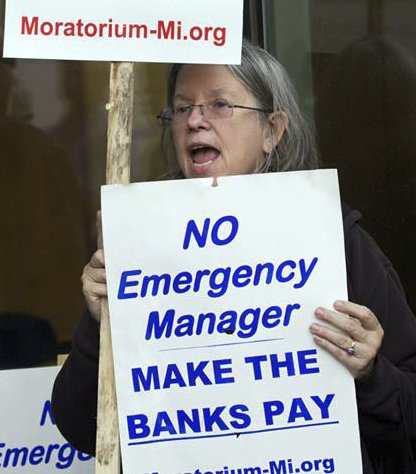

Photo: Daymon J. Hartley
The following is excerpted from a talk by Cheryl LaBash, an organizer for last summer’s Five Days for the Cuban 5 and co-chair of the National Network on Cuba. LaBash highlighted the relationship between the struggle to free the Cuban 5; the development of economic solidarity structures throughout Latin America and the Caribbean, particularly the Bolivarian Alliance for the People of Our Americas; and the U.S. trade and travel blockade. A video of her complete talk is at workers.org, along with a link to a message from René González on behalf of the Cuban 5.
What the Cuban Revolution has accomplished and what it continues to stand for grows out of its firm commitment to socialism and historical analysis. In 1985, before the collapse of the Soviet Union and the dismantling of the socialist camp, Fidel Castro gave an interview to the Mexican newspaper Excelsior on how the unpayable foreign debt of Latin America and the rest of the Third World could and should be canceled. He raised the pressing need for a new international economic order.
As we engage in today’s struggle over the debt in Detroit, we are reminded of Fidel’s question in 1985 in relation to oppressed countries in Latin America and the Caribbean. “Who is paying compensation for the deliberate destruction of our peoples’ lives and riches?” he asked. Similar to what we saw in Detroit in the run-up to the 2008 crash, loans were pushed on these countries. Fidel wrote: “There was so much money that the moneylenders, the banks, went running after debtors, offering them loans. The usual situation was reversed; generally, it’s the debtors who go to the banks to ask for loans, but … the bankers went around looking for debtors in order to lend them money at interest rates that were much lower than they are now — that is, money was lent at lower interest rates, and much higher interest is charged now.”
Capitalist development and economic programs, whether in Latin America or Detroit, bypass the needs of the people and the human right to quality education, health care and housing, subordinating them to enriching the profit margin.
In 1997, the Cuban union movement held one of many conferences opposing the “free trade” agreements. Dr. Oswaldo Martinez Martinez opened the conference saying:
“Neoliberal globalization has globalized exclusion, exploitation and social distress. We need to globalize our resistance. … By means of unity of action let’s put an end to the system that enriches 10 percent of humanity but degrades and condemns the other 90 percent.”
The Cuban 5 and their families are calling for a jury of millions, including you, to free them. René González addressed the recent meeting of the Community of Latin American and Caribbean States on the importance of supporting the third Five Days for the Cuban 5 in Washington, D.C., this summer.
Download the PDF Black and white version All out for May Day! Students defend pro-Palestine…
By Jonas, Mutual Aid Scientific Socialism To the workers and free peoples of the world: We…
Houston Mumia’s supporters gathered in Houston’s historic Emancipation Park on April 27, not just to…
El Partido Mundo Obrero (PMO/WWP) saluda el 50 aniversario de la impresionante victoria de la…
Spain’s Prime Minister Pedro Sanchez cancelled a multimillion-dollar arms deal recently to buy munitions from…
Buenos Aires, April 15, 2025 Katz is an economist, researcher at the National Scientific and…